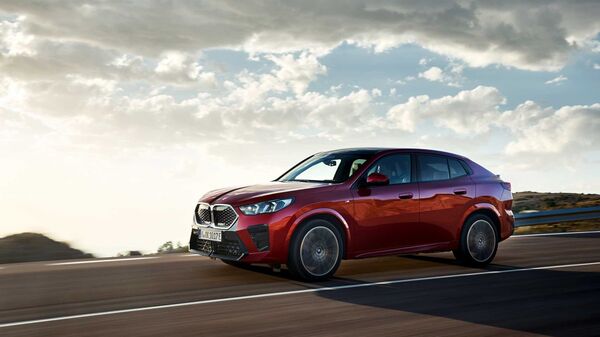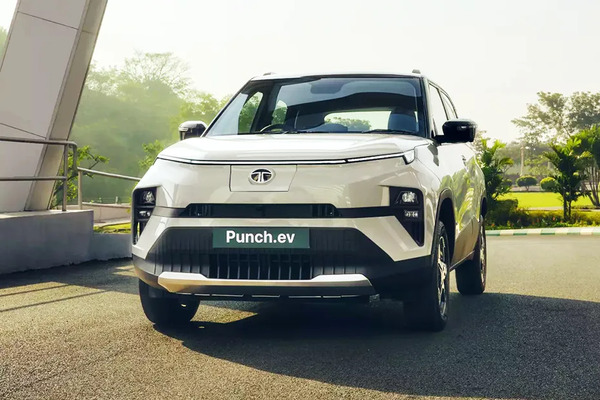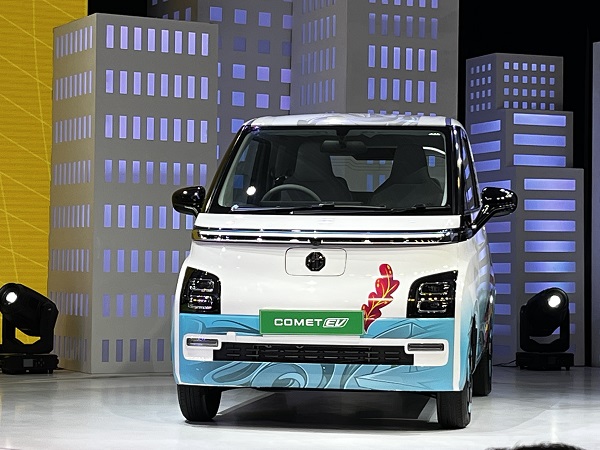EV sales in Germany are plummeting. Here's why
- Electric car sales dropped in January, indicating upheaval within the broader German automotive industry.


Germany, long hailed as a pioneer in promoting electric mobility through tax incentives, shocked the automotive industry in December by abruptly terminating its incentive program for electric vehicles (EVs). In the aftermath, the nation witnessed a dramatic downturn in EV sales, underscoring the profound impact of policy decisions on consumer behavior and market dynamics.
According to recent data, the repercussions of Germany's decision were stark. Comparing January 2024 to December 2023, sales of new electric vehicles plummeted by a staggering 54.9 per cent, while sales of plug-in hybrids also experienced a significant decline of 19.6 per cent. Meanwhile, the market for vehicles with internal combustion engines saw a modest uptick, with gas-powered vehicles rising by 9.1 per cent and diesel vehicles by 9.5 per cent.
Also check these Vehicles
Despite this slight rebound in ICE vehicle sales, the overall automotive market contracted by 11.7 per cent compared to December 2023, signaling broader economic challenges. Experts attribute this decline not only to the sudden withdrawal of tax incentives but also to underlying economic factors such as a weakened economy, high financing costs, and geopolitical tensions.
Also Read : Why EVs were just 0.92 per cent of overall Toyota sales in 2023.
The removal of incentives has sparked a price war among automotive manufacturers in Germany, with major players like VW, Tesla, and China's BYD announcing price cuts on electric models. However, with the German economy still grappling with uncertainty, analysts anticipate that these price reductions will persist throughout 2024, posing challenges for smaller EV companies.
Looking ahead, Germany's automotive association, the VDA, forecasts a modest 2 per cent growth in the global passenger car market in 2024, nearly reaching pre-pandemic levels. However, the domestic market paints a bleak picture, with a projected 1 per cent contraction and sales dropping to 2.82 million cars, down 25 per cent from pre-pandemic levels. Notably, electric vehicle sales are expected to decline by approximately 9 per cent despite a 19 per cent increase in production.
Despite these challenges, Germany remains a key player in the global automotive industry, leveraging its position as one of the largest automotive exporters to weather the storm. While the outlook for the industry remains uncertain, Germany's resilience and innovation could provide a glimmer of hope amid the current turbulence.








 69 kWh
69 kWh 420 Km
420 Km


















